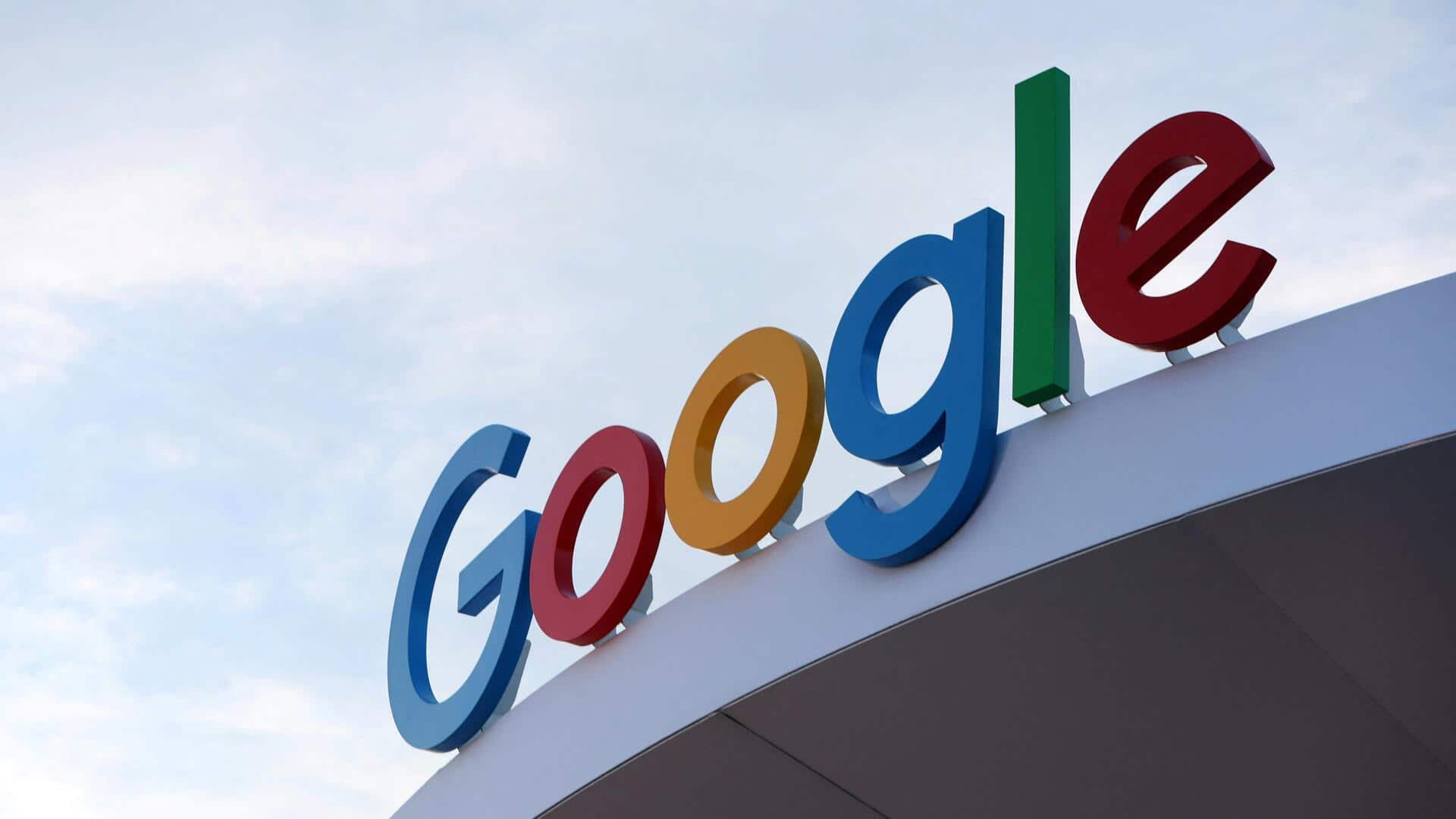
Google outlines changes done to ensure DMA compliance in EU
What's the story
Google has announced over 20 updates to align with the European Union's Digital Markets Act (DMA) deadline (March 7). These changes will impact advertisers, search users, and third-party app developers. Some of the key adjustments include incorporating price comparison results from external sources, requiring digital consent for advertising, and making it simpler for Android users to switch search engines or browsers.
Improvements
Price comparison and search engine choices
One notable update is the display of price comparisons from external aggregators like Kayak and Tripadvisor, alongside Google's own Flights results when users search for flights or hotels. Android users will also find it easier to change search engines or browsers, as more choice screens will appear during device setup, in settings, as well as at various intervals during use. Google aims to extend this feature to iOS as well as Chrome desktop users in the near future.
Upgrades
Digital consent, billing systems, and data portability
To comply with DMA, Google now requires users to opt for sharing data across its services, for personalized advertising via the settings page. Consent banners may appear while browsing as well. Additionally, Google introduced user-choice billing as an option for developers to have their own billing systems for in-app purchases, with plans to expand this to game developers soon. The firm is also launching its Data Portability API, making it easier for users to transfer data off its products.
Changes
Advertisers to get 'additional data'
Google has also announced certain changes for advertisers, as part of its DMA compliance. The company claims it will start providing advertisers with "some additional data, which is shared in a way that protects user privacy and customers' commercially-sensitive information." The specifics are not known yet.
Impact
Google is not happy with DMA
Google is not complying with DMA regulations out of its own volition. Non-compliance with the rules will result in steep penalties of up to 10% of global annual turnover. Repeat offenders will be subjected to 20%. To make its feelings known, the company is reminding users that "some of the features that we have developed to help people get things done quickly and securely online — like providing recommendations across different products — won't work in the same way anymore."